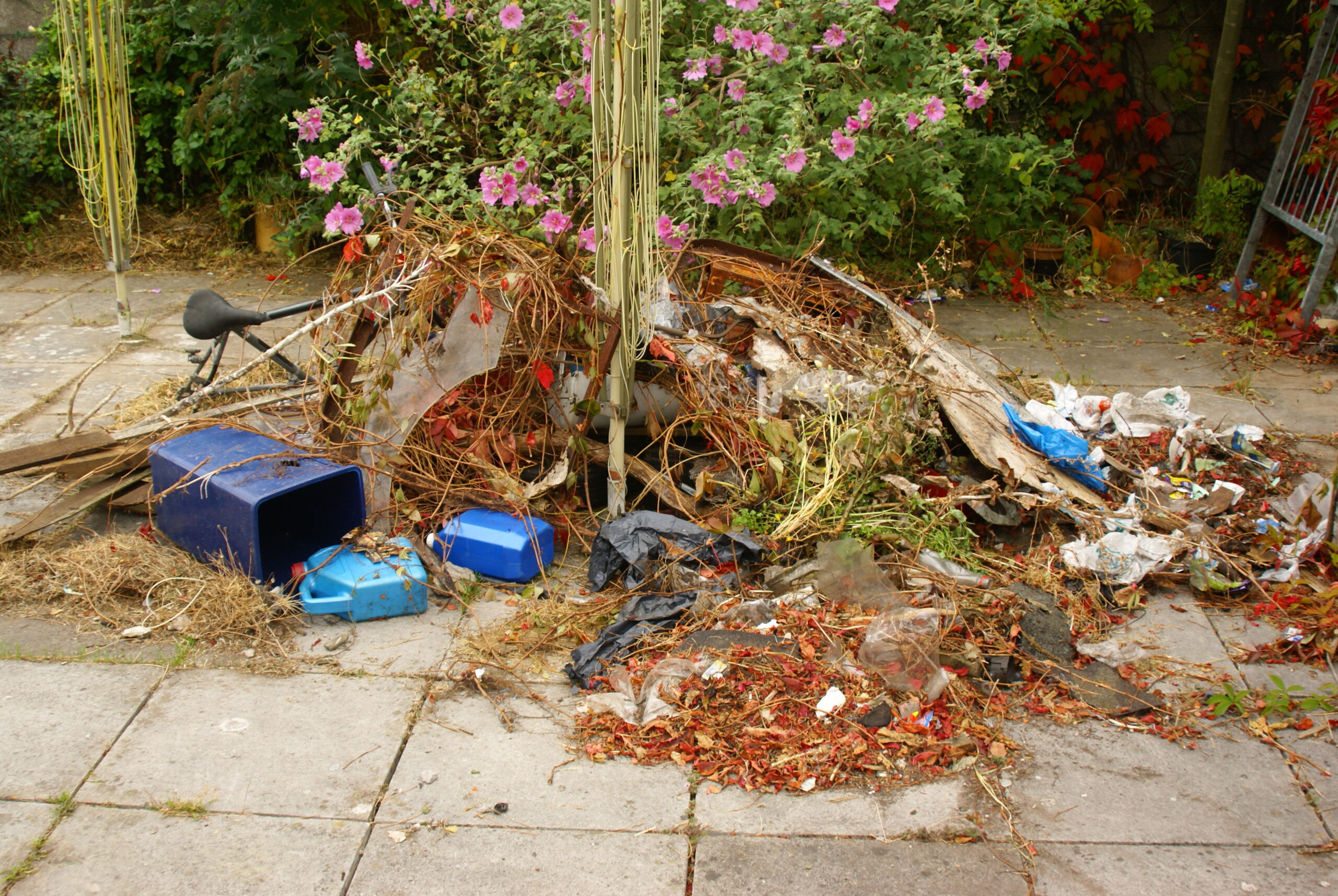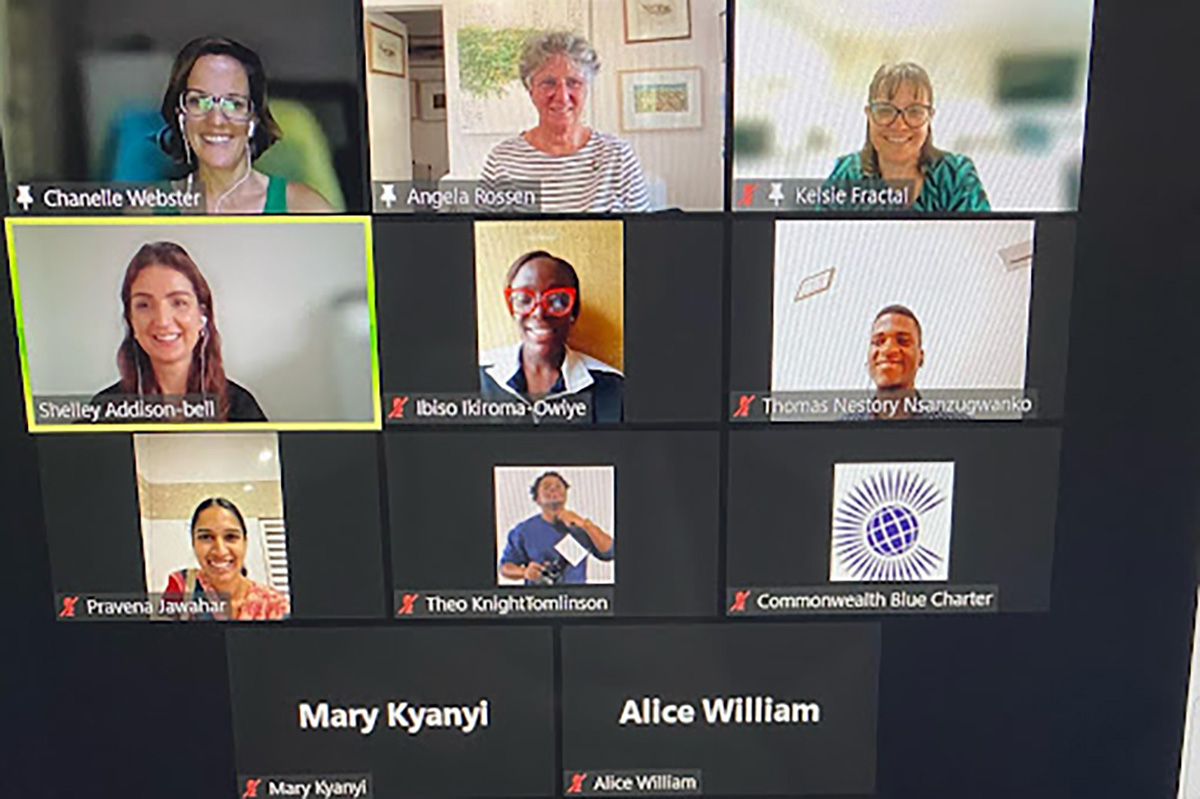“Are residents to blame for floods in Ghana?”
July 15th, 2015 Frequent floods are a deadly fact of life, writes Fariya Abubakari, 25, a Correspondent from Bawku, Ghana, who argues that better solid waste management could mitigate disaster.
Frequent floods are a deadly fact of life, writes Fariya Abubakari, 25, a Correspondent from Bawku, Ghana, who argues that better solid waste management could mitigate disaster.
It was on Wednesday evening in June, 2015, that a heavy downpour of rain killed Mr. Boamah’s wife and children and displaced his property. His house gushed fire and his mechanic shop, cattle, and sheep were lost.
Mr. Boamah, a 90 year old man, had no place to go and nothing left to fend for himself. An orphan, he never knew his parents nor his family, but was raised in an orphanage and depended solely on his wife as the bread winner of the family.
Mr. Boamah’s community has always had problems with solid waste disposal. It blocks water pathways and the stench is a nuisance to people, including tourists. Many food vendors in the community use water drains for refuse, while passengers at the lorry stations drop virtually anything – banana peels, polythene bags, mango peels, canned drink containers, ice water sachets – into the drains, which causes the city’s drainage system to choke and causes environmental havoc such as flooding. Mr. Boamah is now a flood victim. The question is: “What will become of this old man now that he lost everything and his family?” And what is the role of the government for such victims?
The disposal and treatment of waste not only blocks the drainage system, but also produces emissions of several greenhouse gases which can contribute to global climate change. When these gases such as methane, carbon dioxide and nitrous oxide are released into the earth’s atmosphere, they trap infrared radiation from sunlight, which is stored as heat in the atmosphere and can be tied to the increase in the earth’s average temperature, causing what is known as global warming or climate change.
A clear consequence of climate change in Ghana is the displacement and migration of families, which always has a negative impact on the vulnerable women and children. Under these conditions, there is increased possibility of abuse and human trafficking. The education and health of such vulnerable groups is also jeopardized. Migration crises have recently become inevitable with the spate of climate change effect in the country. More young people, especially in the Northern part of Ghana engaged in farming, are laying down their tools and flocking into the capital city in search of greener pastures.
According to Environmental Protection Agency and as reported by Joseph Ziem in GhanaWeb, “charcoal burning, deforestation, bush burning, sand winning, gravel mining, reckless use of agro-chemicals and pollutants from vehicles are believed to be the causes of climate change in Ghana. The negative impact on drainage systems has in some cases come into close proximity to streams and other primary drainage facilities which led to total devegetation of hill slopes”.
The result, according to Dr. Peter Sam Jnr as reported in The General Telegraph, is that “Stream channels have been rendered incapable of coping with the high volume of runoff generated during storms which invariably carries large amounts of silt”.
Another cause of flooding in Ghana is that existing drains are often choked with refuse.
“This results in reduced capacity of the river stream channels of which flooding occur. Growth of grass and weeds naturally results in retardation of flow and consequent flooding of the banks of the rivers during heavy storms’” the General Telegraph reports.
This as a result affects humans negatively, as recorded in the 2007 flood that destroyed the lives of human and animals, arable land, homes, schools, public buildings and markets. About half a million people were displaced, over fifty people were killed, over 30,000 houses collapsed and nearly 200,000 metric tonnes of food crops were destroyed in the northern part of Ghana. It required more than $25 million for emergency response and caused more than $130 million worth of direct damage.
In October 14, 2010, floods displaced 161,000 nationwide during torrential rains and the opening of the Bagre Dam in Burkina Faso.
“The 1995 floods caused damage to lives and property, disrupted infrastructure services like water supply, telephone, electricity, roads and railways. Seventeen lives were lost in this flood while commercial and industrial activity was disrupted. The most affected areas were those located within the flood plain of the Odaw and the Onyasia rivers,” Dr. Sam wrote in his report.
In 2015, flood results from heavy continuous rainfall killed 25 people, while a petrol station explosion caused by the flooding killed two hundred more people. We need to change our attitude towards waste management and sanitation, rather than always waiting on authorities to act first in order to save our lives and property.
Photo: http://mrg.bz/1yBQU4
…………………………………………………………………………………………………………………
About me: I am from Bawku in the Upper East Region of Ghana, where I am the Country Coordinator of End Ecocide Ghana, a soil scientist and a climate tracker activist who writes about Ghana’s role in international climate negotiations. I am a graduate student of Kwame Nkrumah University of Science and Technology and love researching, reading, writing and cooking.
…………………………………………………………………………………………………………………
Opinions expressed in this article are those of the author and do not necessarily represent the views of the Commonwealth Youth Programme. Articles are published in a spirit of dialogue, respect and understanding. If you disagree, why not submit a response.
To learn more about becoming a Commonwealth Correspondent please visit: http://www.yourcommonwealth.org/submit-articles/commonwealthcorrespondents/
…………………………………………………………………………………………………………………




